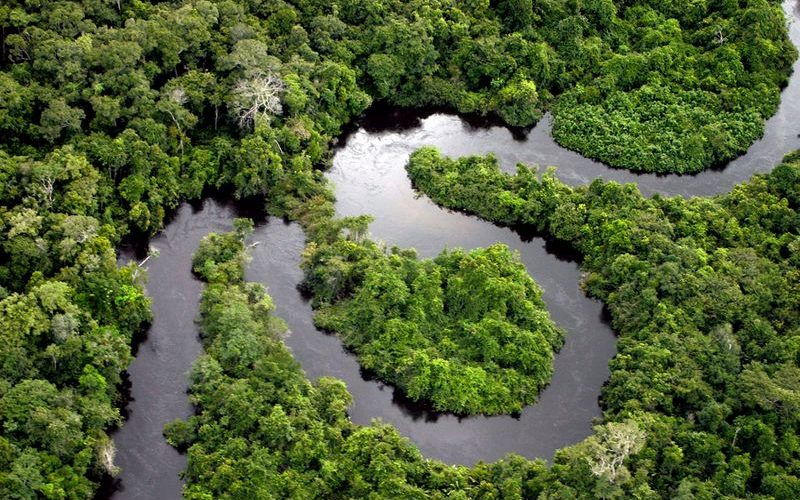Brazilian federal prosecutors have filed a lawsuit seeking to annul a $180 million carbon offset scheme signed last year between the state of Pará and a coalition of multinational corporations and wealthy governments. The initiative, aimed at supporting Amazon rainforest conservation, is now under scrutiny for allegedly bypassing legal requirements and failing to consult affected communities.
The legal action casts a shadow over the state of Pará just months ahead of its role as host of COP30, the next major United Nations climate summit. It also deals a significant blow to the carbon credit industry, which has faced persistent criticism over alleged greenwashing and a lack of transparency.
The challenged scheme falls under the LEAF Coalition, a forest conservation initiative founded in 2021 by Amazon.com Inc, alongside other major companies and the governments of the United States and United Kingdom. The project in question was among the first of its kind to operate on a jurisdictional basis—covering entire states rather than individual private ventures—in an effort to improve oversight and credit accounting.
Prosecutors argue that the state of Pará, which holds some of the most ecologically vulnerable areas of the Amazon, failed to properly inform or consult Indigenous and traditional communities likely to be affected by the agreement. They also contend that Brazilian law does not permit the pre-sale of carbon credits—credits which, in this case, represent the carbon stored in forest areas the state pledges to protect from deforestation.
According to the lawsuit, the government of Pará has pushed to approve the credit plan ahead of COP30, generating “considerable pressure on Indigenous peoples and traditional communities in Pará.”
The scheme aimed to sell up to 12 million carbon credits at $15 each, based on avoided deforestation. At least six companies, including Amazon, had agreed to purchase credits through the LEAF Coalition.
Neither the state government of Pará nor Emergent, the non-profit managing the LEAF Coalition, responded to requests for comment.
This legal challenge could have wide-ranging implications for future jurisdictional carbon markets, especially those tied to high-profile climate initiatives and corporate net-zero commitments.





















